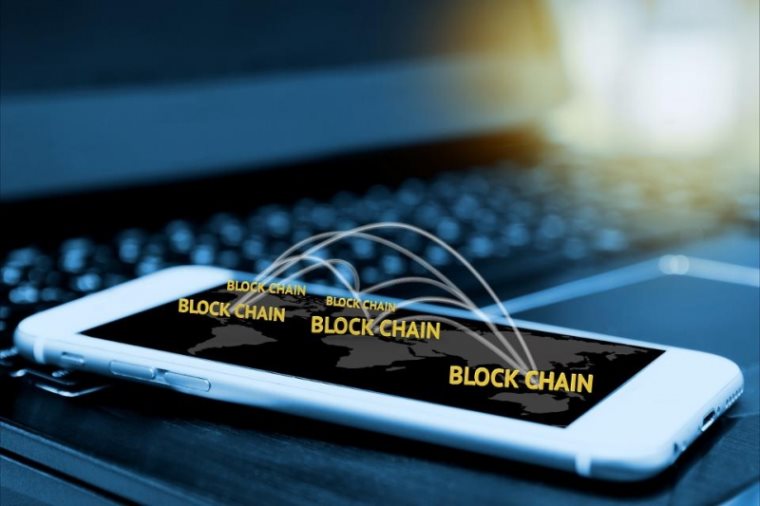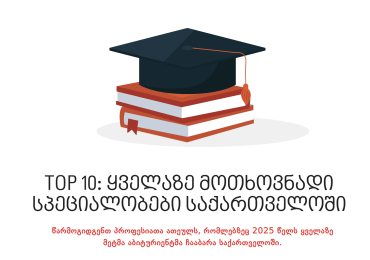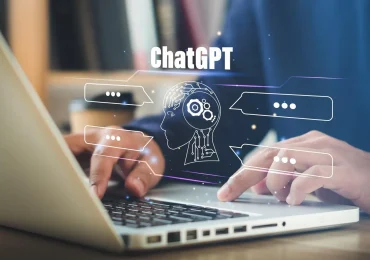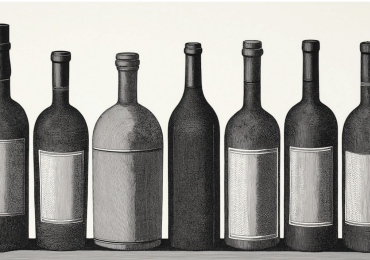Read any newspaper in the world and you know there are challenges – refugee crises, cybersecurity threats, broken institutions, civil unrest, the list goes on.
Beneath the surface of these boiling problems lies a deeper challenge—to which many are unaware. There is no established and secure digital identity system with a verifiable biometrics component for the 7.5 billion people living on Earth.
Who are you, and how do I know you are who you say you are? What do you do when someone takes your identity? How do I know this is your vote? How do I know that you are not a threat? How do I know that I can trust you?
For too many, a lack of verifiable identity means a lack of access – to a voice, to the world economy, to medical care, to mobility, to land. In an increasingly digital world, according to the World Bank, there are more than 1.5 billion people who, for all practical purposes, do not exist. And for countless businesses, governments and institutions, this absence of a trusted identity system is an expensive and increasingly difficult predicament.
We currently live in a world where your identity is a piece of paper. If you lose that piece of paper it’s very difficult in most parts of the world to get a new one, and if you never had that piece of paper, you are not part of any record or global interoperable system.
Simply put, the lack of an effective identity system means disenfranchisement and mass disorganization on a global scale; without a solution, technological advances aimed at solving our greatest challenges are stymied.
So, is there a solution? And if there is, is that solution feasible?
First, some good news – every individual on the planet was born with a unique set of biometrics, a fool-proof way to uniquely identify who they are. These include your fingerprints, your face, your eyes, even your voice.
Second and quite amazingly, there is now an immutable recording mechanism that can securely log each identity in a system called the blockchain – otherwise known as the Bitcoin blockchain or the public blockchain. What’s more, the blockchain is inexpensive, it’s easy, it’s transparent and in the eight years it has been around, it has been proven to resist hacking attempts.
Consider the countless, tragic incidents of human trafficking and the implications blockchain could have on protecting individuals from trafficking. If a birth is never properly recorded in a reliable trusted system, a child can easily disappear without a trace. While everyone in the world is born with a unique identity, not everyone in the world necessarily has proof of their identity. The blockchain has the potential to mend this fundamental flaw. With blockchain, identity can be recorded on a permanent digital system, rather than a flimsy piece of paper. Thus a child that is being rescued from the hands of traffickers can be identified and, hopefully, returned to family and country of origin.
And it’s not just the world’s worst criminal enterprises that can be challenged by this cutting-edge technological tool. Institutional inefficiencies, corruption and redundancies can be rooted out and eliminated with similar methods.
Imagine, for example, being able to travel to another country without carrying a passport. The blockchain could store your unique bio data, so your identity is accessible from anywhere in the world, regardless of whether you are carrying this identification. It would also return to you the sole control of your information – something lacking on the internet today. Your identity on the public blockchain would be stored securely and privately, and you alone would be able to grant access to it. You could determine what kind of data would be shown to your doctor, or your employer, or even to a customs official. You could see who accessed your data and when. Best of all, your identity could not be deleted from the blockchain.
Some governments and businesses are already harnessing blockchain technology to tackle identity.
Consider Estonia as a shining example of what digital identification can do. Years ago, in an effort spearheaded by the visionary Estonian President Toomas Henrik Ilves, that country established a national system of digital identity—a structure available to both citizens and residents. In exchange for allowing their digital identity to be used across government agencies, residents receive many high-quality services from the government and private institutions. Services available include e-Prescriptions, e-voting, digital signatures and much more. This digital identity system –which was initially met with skepticism from the Estonian public—is now very popular and has helped cement the small country’s position as a world leader in e-governance.
But just because there is a technical solution doesn’t necessarily mean there is a political one. However, as we learned from Estonia, when there is a will there is most certainly a way.
If we as a global community are truly committed to making our world more functional, we need to embrace the countries, businesses and institutions that are willing to pave the way as pioneers—to step outside of the box and try something new.
There are, of course, legitimate ethical concerns related to implementing any system that registers and authenticates individual identity. But there are equally legitimate ethical concerns about failing to implement such systems.
There are also understandable worries about the ease with which one’s identity might be erased from the internet or stolen.
Cases of identity theft can happen anywhere from the local ATM to the White House Office of Personnel Management. In 2016, according to Javelin Strategy & Research, identity theft cost the U.S. $16 billion and affected more than 15 million Americans. That brings the total amount lost to identity theft in the past six years to $107 billion. And that is just in the United States. A 2017 report from ID2020 asserts that the financial exclusion that results from lack of identity has created a shadow economy around the world with an estimated GDP of $10 trillion a year. This makes it the world’s second-largest economy.
The blockchain shows us there is a better way to confront problems both old and new. Challenges caused by identity issues have always looked like a puzzle missing a piece.
The blockchain is that missing piece.
There are so many difficulties in our world – that is something we can all agree on. It’s easy to feel overwhelmed by the paths we need to clear. No technology is a panacea, and this particular challenge calls for careful, concerted study and consideration.
But with stakes so high, we cannot afford not to act.
I believe in the collective capacity to confront and address this challenge. Together we can chip away at one of the many cancers which keep societies from thriving – secure identities. Blockchain is leading the change we need; it’s up to all of us to care, to learn, to adapt, to get on board.
The time is now.
I host the Unchained podcast (Google Play, iHeartRadio, iTunes, Stitcher, TuneIn) & wrote The Millennial Game Plan. Disclosure: I own some bitcoin & ether.
FORBES.COM
















